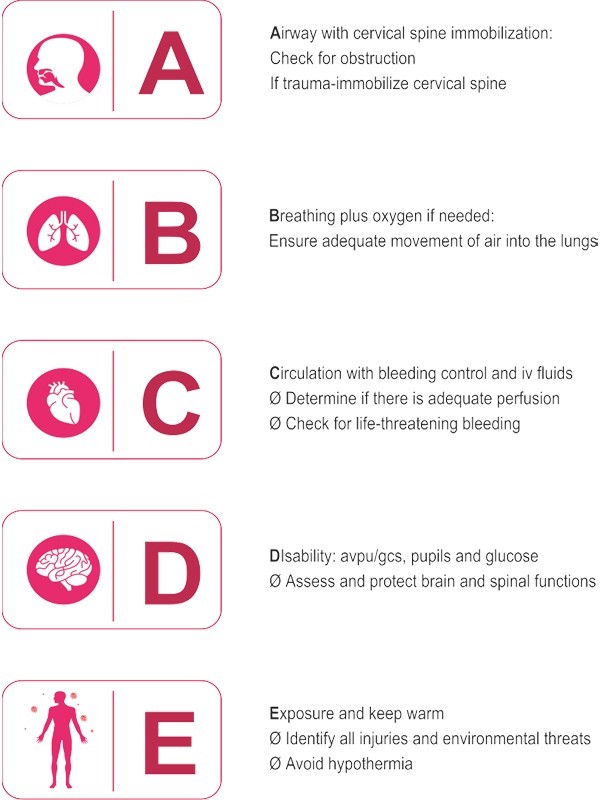A nurse is reviewing client care assignments prior to the beginning of a shift. Which of the following client assignments should the nurse identify as being outside the scope of practice for an LPN?
A client who has a new onset of chest pain
A client who has a tracheostomy
A client who is receiving enteral feedings
A client who has urinary retention
The Correct Answer is A
The nurse should identify that caring for a client who has a new onset of chest pain is outside the scope of practice for an LPN. This is a complex and potentially life-threatening situation that requires the assessment and intervention of a registered nurse (RN) or other advanced practice provider.
b) Caring for a client who has a tracheostomy is within the scope of practice for an LPN.
c) Caring for a client who is receiving enteral feedings is within the scope of practice for an LPN.
d) Caring for a client who has urinary retention is within the scope of practice for an LPN.
Nursing Test Bank
Naxlex Comprehensive Predictor Exams
Related Questions
Correct Answer is A
Explanation
A respiratory rate of 8 breaths per minute with shallow respirations and cyanosis indicates severe respiratory distress or failure. In this situation, the client's oxygenation is compromised, and immediate intervention is needed to ensure an open and unobstructed airway. The nurse should prioritize ensuring the client has a patent airway by assessing for any airway obstruction and taking appropriate measures to clear the airway if necessary. This may involve techniques such as the head tilt-chin lift or jaw thrust maneuver.
While administering oxygen, checking the client's pulse rate, and placing a pulse oximeter on the client's finger are all important interventions in managing respiratory distress, the first and most critical step is to establish a patent airway. Without a clear airway, the client's oxygenation cannot be adequately addressed, and other interventions may be ineffective. Once the airway is secured, the nurse can proceed with providing oxygen, assessing the client's vital signs, and monitoring oxygen saturation using a pulse oximeter.

Correct Answer is C
Explanation
c. Initiate a client referral to Reach to Recovery.
Explanation:
When caring for a female client who has a new diagnosis of breast cancer and expresses concerns about potential changes to her body image, the nurse should initiate a client referral to Reach to Recovery. Reach to Recovery is a program provided by the American Cancer Society that connects breast cancer patients with trained volunteers who have gone through a similar experience. These volunteers can provide emotional support, information, and resources to help the client cope with the physical and emotional changes that may occur due to breast cancer and its treatment.
Explanation for the other options:
a .Reassure the client that she will adjust to changes to her body:
While providing reassurance is important, it may not be sufficient to address the client's concerns about potential changes to her body image. Initiating a referral to Reach to Recovery can provide the client with additional support and resources tailored to her specific needs.
b. Contact an occupational therapist to talk with the client:
While an occupational therapist may have valuable input on certain aspects of the client's care, such as functional abilities and adaptations, initiating a referral to Reach to Recovery would be more appropriate for addressing the client's concerns related to body image.
d. Explain that surgery can restore the breast to its original appearance:
While surgery options such as breast reconstruction can restore the breast to a similar appearance, it is not appropriate for the nurse to make guarantees about the outcome or appearance of the breast after surgery. Every individual's situation is unique, and the decision to undergo surgery and the results of such procedures are dependent on various factors. Referring the client to Reach to Recovery would be more beneficial in addressing her concerns holistically.
In summary, when a client with a new diagnosis of breast cancer expresses concerns about potential changes to her body image, the nurse should initiate a client referral to Reach to Recovery. This program can provide the client with the necessary emotional support and resources to navigate the physical and emotional changes associated with breast cancer and its treatment.
Whether you are a student looking to ace your exams or a practicing nurse seeking to enhance your expertise , our nursing education contents will empower you with the confidence and competence to make a difference in the lives of patients and become a respected leader in the healthcare field.
Visit Naxlex, invest in your future and unlock endless possibilities with our unparalleled nursing education contents today
Report Wrong Answer on the Current Question
Do you disagree with the answer? If yes, what is your expected answer? Explain.
Kindly be descriptive with the issue you are facing.
